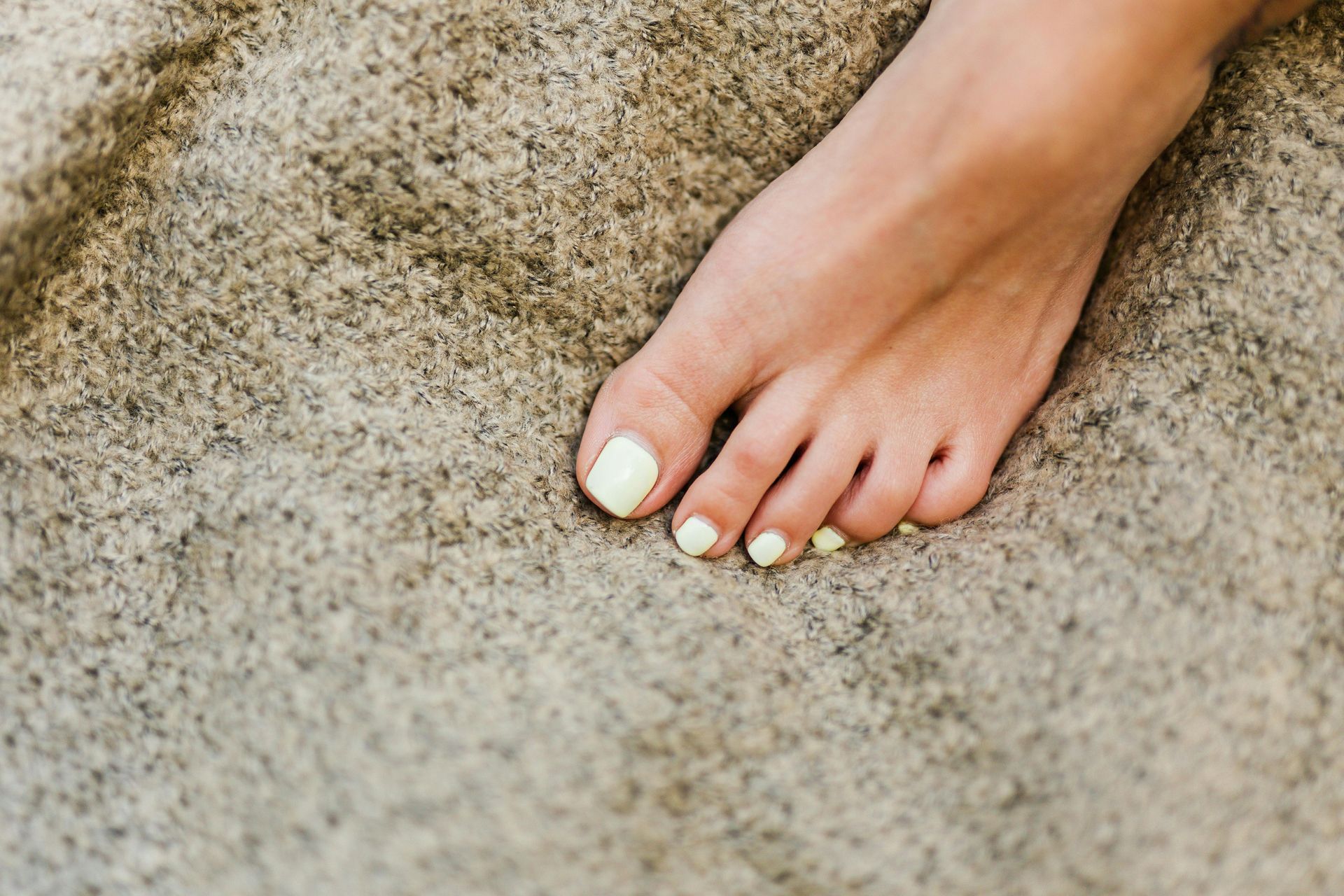We've done the research on foam rolling for you!
So you don't have to..
- The pain pipe.
- The agony log.
- Rollie the Ruthless.
- That which shall not be mentioned in case Jane remembers it and brings it back to class.
It has many names.
But the foam roller, or "Sir Ouchington III" as mine is also known, is definitely like Marmite.
Now, I'm not talking here about when we use it to do our Pilates exercises.
Although that can be a little, shall we say, challenging.
No, I'm talking about the torture that is self-myofascial release.
A couple of weeks ago, we spent 30 minutes with it in LiFT & FLeX.
I was not popular.
But does it work?
As usual, I've been looking at the research so you don't have to.
Specifically about whether it can help to improve flexibility.
In 2020, some researchers pulled together the data from a whole bunch of studies about foam rolling to understand:
a) does it work?
b) if yes, are there particular sets of muscles it works best on?
c) and if yes, is there a gender difference.
Spoiler alert - yes, yes and yes...
Which muscles did they look at?
The muscle groups they looked at were:
- Hamstrings (back of thighs)
- Quads (front of thighs)
- Calves
- Pectorals (chest)
- Adductors (inner thighs)
The study groups were all healthy, adult individuals who weren't injured or with pre/post surgery conditions. The comparison groups were all individuals who were stretching rather than foam rolling.
Hams & Quads for the win
The data from the studies identified foam rolling had the most positive effect on flexibility of the hip joints as a whole when hamstrings and quads were foamrolled.
And that while there was an immediate effect, the best results came from consistent foam rolling over a longer period of time of more than four weeks.
Sorry girls.
The results were mixed for whether foam rolling calf muscles improves ankle range of movement.
Short term there seemed to be an improvement, but less so long term.
This may be due to the way that the various studies were carried out; and the fact that foam rolling your calf muscles REALLY hurts.
So it could be that the study participants weren't spending long enough or putting enough pressure on to make a sustained difference.
More research needed it seems.
Men don't benefit as much as women
You'll be shocked to hear that some of the studies were only done on men.
Because obviously, it'll be the same, right? (affiliate link means I'll make a very small commission at no cost to you if you purchase)
The data that came out of these male only studies showed no significant short-term improvement in range of movement.
Yet pooled data looking at men and women together showed a significant improvement.
So it seems it works better for women then men.
It's thought this might be due to hormone differences in the blood and tissues, that in turn affect the joint mobility.
Huh - who knew? Women aren't just smaller men after all🙄
But does it make YOU feel better?
These studies were just looking at the effects on flexibility.
They weren't looking at long term effects on muscle function, the amount of power output or effects on the nervous system.
At some point, I'll go off and do some more digging.
But really, only you can decide whether it helps you or whether the discomfort is too much to do it more.
In the meantime, why not check out this blog about foam rolling and this one about rolling a ball under your feet










